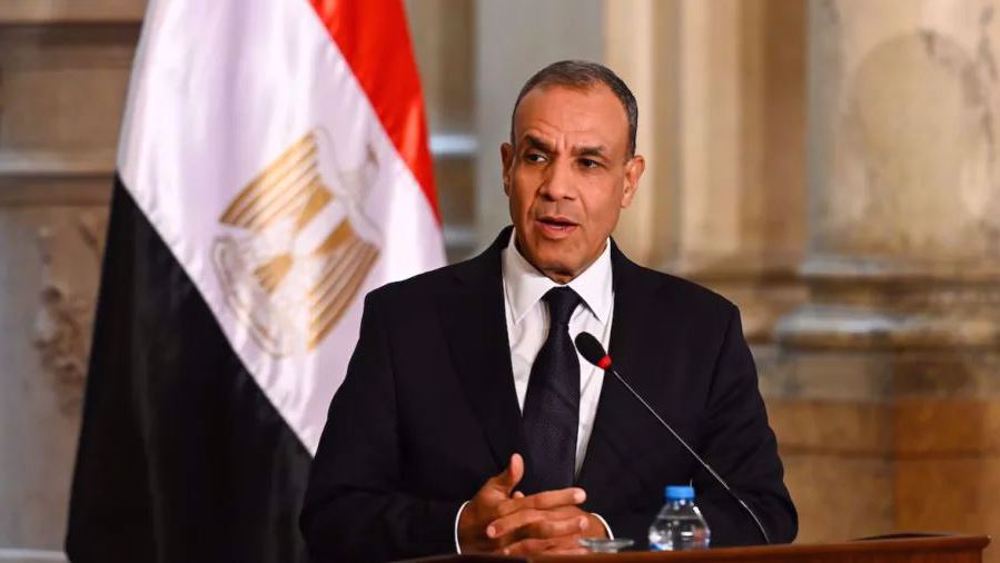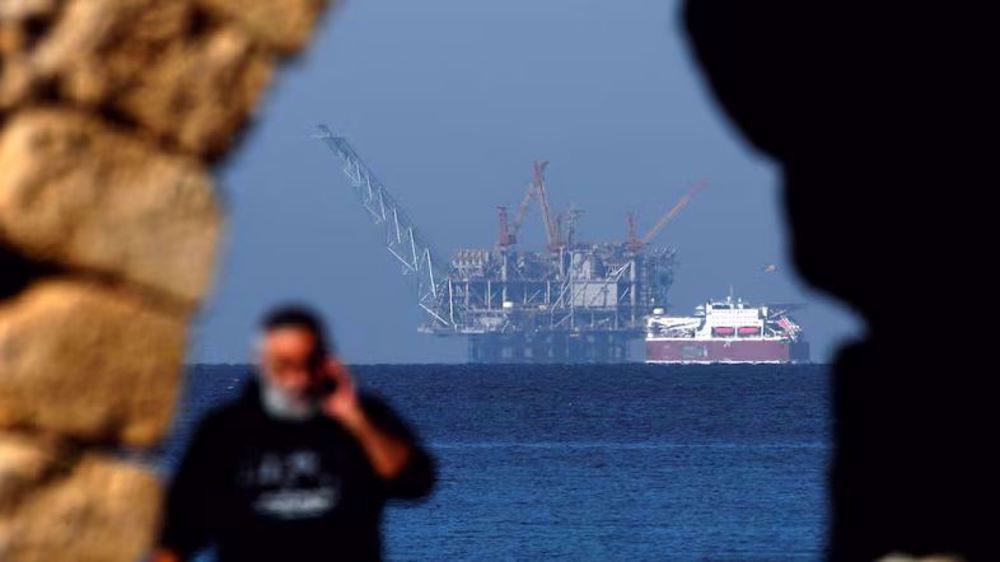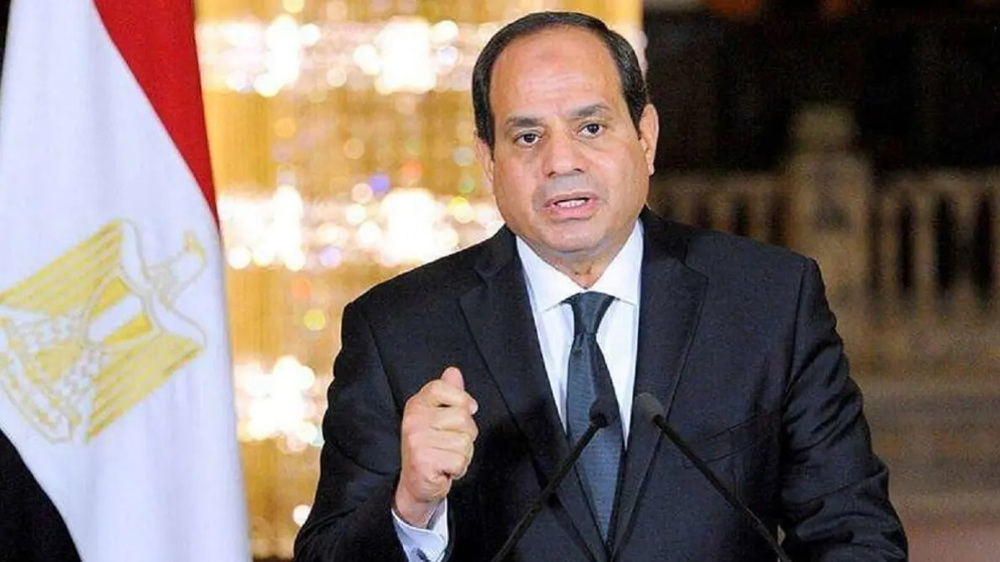UN rights office warns of 'chronic arbitrary detention' in Egypt
The United Nations rights office has slammed a "significant escalation" in the crackdown against the rights to freedom of expression, association and assembly in Egypt, warning of a "chronic problem" of arbitrary detention in the North African country.
"A spate of arrests, interrogations and detentions of activists, bloggers and journalists in Egypt over the last few weeks appears to indicate a significant escalation in the crackdown against the rights to freedom of expression, association and assembly in the country," the office said on Tuesday.
Egypt’s President Abdel Fattah el-Sisi has since 2013 overseen a wide crackdown on dissent, which rights groups say the worst ever for Egypt, jailing hundreds of activists behind the 2011 uprising that toppled autocrat Hosni Mubarak. The crackdown followed the July 2013 ouster by the military, then led by Sisi, of democratically-elected president Mohammed Morsi.
Sisi, who was sworn in as Egyptian president for his second four-year term last Saturday, has since silenced most critics in the media, rolled back freedoms won by the 2011 uprising, and placed draconian restrictions on demonstrations and the work of rights groups.
The UN office further named a number of "prominent" detainees who have been arrested just in the month of May and said, "In many of the recent cases, those arrested were not presented with a warrant. Charges they face carry long prison terms."
"We are extremely concerned that arrests like this, often followed by harsh sentences, and often for simply exercising the rights to freedom of opinion, expression and assembly, have become commonplace," Spokesperson for the UN High Commissioner for Human Rights Ravina Shamdasani told reporters in Geneva.
She added, "Arbitrary detention has become a chronic problem in Egypt."
She emphasized that many prominent bloggers, journalists, lawyers and activists were among those who had been arrested after a February statement by General Prosecutor Nabil Sadeq ordering prosecutors to monitor social media sites that “spread lies and fake news.”
The statement said that government lawyers and chief prosecutors would take legal action against communication and sites that spread fake news, incite public fear, or damage public security.
Shamdasani said the cases she was raising were only the "prominent cases ... which have come to the attention of the United Nations. Certainly there must be many other cases."
She added that the UN rights office is calling on the Egyptian authorities to "fully ensure the rights of all detainees to their physical and psychological integrity, and to due process."
"We call unequivocally for the immediate and unconditional release of all those currently being held by the Egyptian authorities for the legitimate exercise of their human rights," the spokeswoman pointed out.
Egypt detained prominent blogger and journalist Wael Abbas, the latest in a series of arrests targeting dissidents.
Abbas’s lawyer Gamal Eid said in a tweet that the award-winning journalist and rights activist was arrested early on May 23 and his whereabouts are unknown.
As Cairo speeds up its repression campaign to silence dissidents and critics of the government, Egyptian authorities detained prominent opposition leader Hazim Abdelazim late on May 26.
Abdelazim, once a deputy telecoms minister under ousted President Hosni Mubarak, was arrested at his home in Cairo on suspicion of publishing false news and inciting against the state.
Read more:
Israeli high-tech faces talent flight in wake of Gaza genocide: Report
The Year That Was: Wars, genocide, protests, scandals – events that defined 2025
Iran, Oman foreign ministers stress confronting sources of unrest in region
VIDEO | Gaza named deadliest place for journalists in 2025
VIDEO | Policy paper sparks debate over US intentions in Tunisia
Khaleda Zia, Bangladesh’s first female prime minister, dies at 80
Iran vows ‘harsh response’ to any aggression
Russia warns of response to Ukrainian drone attack on Putin's residence












 This makes it easy to access the Press TV website
This makes it easy to access the Press TV website